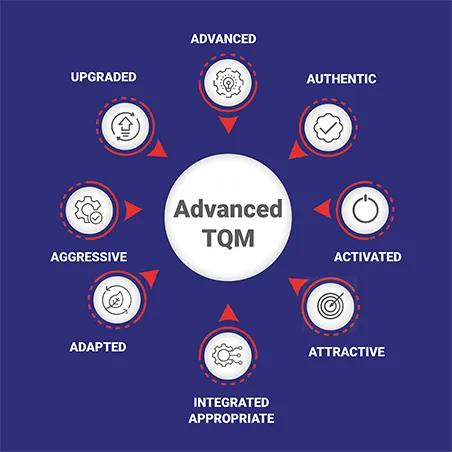
Business Process Reengineering
Reengineering defined by Michael Hammer and James Champy in Reengineering the corporation is: "Reengineering" properly, is "the fundamental rethinking and radical redesign of business process to achieve dramatic improvements in critical, contemporary measures of performance, such as cost, quality, service, and speed".
Business process re-engineering is a business management strategy, originally pioneered in the early 1990s, focusing on the analysis and design of workflows and business processes within an organization. BPR aimed to help organizations fundamentally rethink how they do their work in order to dramatically improve customer service, cut operational costs, and become world-class competitors. In the mid-1990s, as many as 60% of the Fortune 500 companies claimed to either have initiated reengineering efforts, or to have plans to do so.
BPR seeks to help companies radically restructure their organizations by focusing on the ground-up design of their business processes. According to Davenport (1990) a business process is a set of logically related tasks performed to achieve a defined business outcome. Re-engineering emphasized a holistic focus on business objectives and how processes related to them, encouraging full-scale recreation of processes rather than iterative optimization of sub processes.
Business process re-engineering is also known as business process redesign, business transformation, or business process change management.
7 Principles of BPR
- Organize around outcomes, not tasks
- Identify all the organization's processes and prioritize them in order of redesign urgency
- Integrate information processing work into the real work that produces the information
- Treat geographically dispersed resources as though they were centralized
- Link Parallel activities in the workflow instead of just integrating their results
- Put the decision point where the work is performed, and build control into the process
- Capture information once and at the source
Why is Reengineering Vital?
- New strategic era.
- Demanding and comprehensive performance aspiration.
- Competitive Environment Increased customer satisfaction
- Tougher.
- Changing.
- Global.
- Increased employee satisfaction
- Increased flexibility of the organization.
- Incremental development.
- Better use of existing staff.
- Lower costs.
Expected Process Improvement Results
- Cycle time reduction.
- Cost reduction.
- Quality improvement.
- Customer satisfaction.

